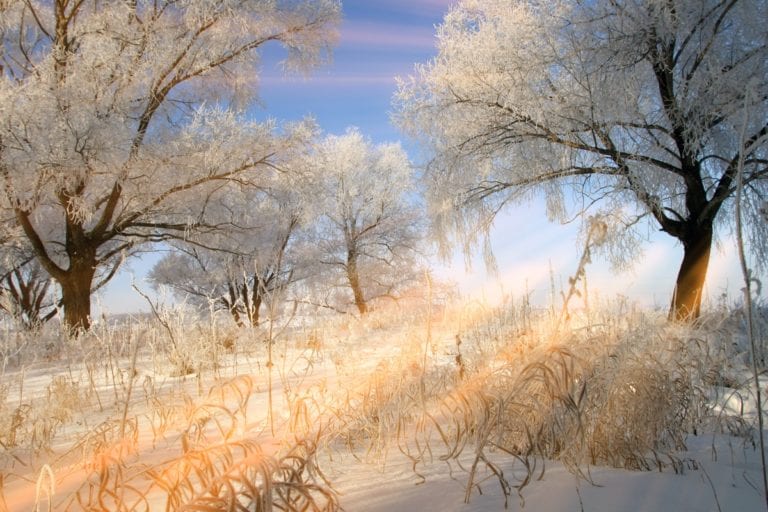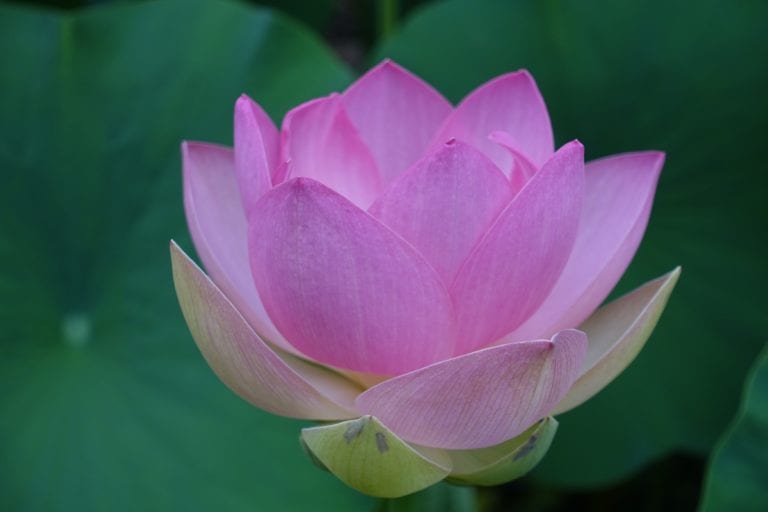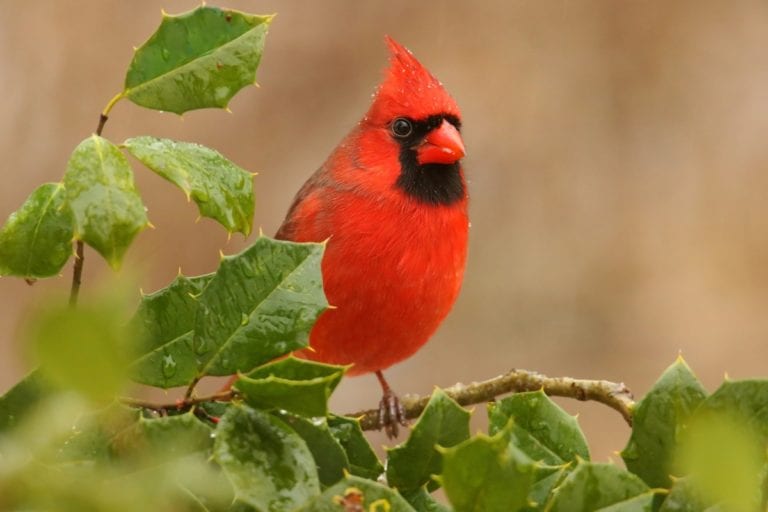Similar Posts

Practice #917: Shifting Times
I’ve noticed that I haven’t generated a new practice since September of this year. In that last practice, I described the journey and impact of losing one of my feline family members to kidney disease, a genetic condition that he shares with many members of his family. I described the deepening I experienced during and after the four-month-long process my beloved boy-cat and I engaged as he moved through his dying process. His two sisters are still here, and the difference in the energy and tone of our little family is powerfully changed by his absence.
As these post-death months have moved along, I found myself moved to create videos on multidimensional living, videos that offer information about the way that I move through the world from a multidimensional perspective. This shift in focus arose after what I thought was going to be an inner journey to connect with my optimal future self. Instead, I connected with what I think is more accurately described as an alternate self.
The idea of alternate selves arises from current thinking about the possibility that we live in a multiverse where there are many versions of ourselves co-existing within different versions of reality. The idea of a multiverse resonates with some people and appears ridiculous to others. Whatever your response, one of the ways I would think about this from a guided imagery or hypnotic perspective is that both alternate selves and optimal future selves can be metaphors through which we can tap into new body states, new states of mind, new responses.
The way this all makes sense to me is that I think, or probably believe at this point, that we live in an “information universe”, where information comes first and then becomes energy and form that resonate and shape themselves in response to the new information. For me, these kinds of journeys allow my bodymind to access new information which then becomes the prompt that supports reorganizing my experience and ways of being. Often, these journeys have opened up surprising new possibilities for me that draw on resources I hadn’t known were available. Posting videos on multidimensionality is one of these surprises.
I’m not sure how many more of these practices I’ll be posting, so they may continue to be sporadic, as I find my creative energy moving in somewhat unexpected directions. I’ve offered weekly practices for many years and have enjoyed the opportunity to ponder, explore, and share possibilities through them. So, my intention is to continue, but it’s not lost on me that it’s been quite a gap between this one and the last.
For this practice in conscious living, I invite you to play with the more quantum-oriented possibility that the process of generating intentions and the probabilities they engage is accessible to you. One of the things I’ve been asking people to play with is to say each day, “I am receiving and living into my optimal life.” An important part of this practice is to then get out of the way and allow yourself not to know what this means or what it will bring. Staying out of the way mentally allows for a deeper receptivity.
Then, along with allowing yourself not to know, another step along the way is to stay open for thoughts, flickers of awareness, new ideas, unexpected interest in something you hadn’t thought about before. All these are examples of intuitive awareness dropping in. The next step is to pay attention to these kinds of intuitive flickers and tickles in the back of your mind and to notice which ones you want to explore more deeply or respond to in some other way. For me, these new awarenesses often arrive when I wake up in the morning. They are just there, as if I had always known them.
As with all these practices, please remember to bring along curiosity as your constant companion and to pat gently on the head any judgments that may arise, allowing them to move on through without your having to do anything with or about them. Please also remember to allow mixed feelings, as they are a natural aspect of your underlying wholeness.
Here’s the audio version of this practice if you’d rather listen to it.
667th Week: Practicing “Ahimsa”, Harmlessness
One of the truly challenging practices for many of us is to live with harmlessness, called “ahimsa” in Sanskrit. A question that arises is, how do we engage the world actively without causing harm? I remember someone once saying that the Buddha said it’s impossible not to cause harm in many small ways, simply by living. We eat other beings as food, we inadvertently step on insects when walking around, we use and then throw away many things throughout the course of our daily lives. And, when it comes to social action, how do we engage that if we have a commitment to ahimsa?
Read More “667th Week: Practicing “Ahimsa”, Harmlessness”

760th Week: Heart-Centered Living
As I wrote this practice, I was on vacation and had planned not to do any work-related activities while out of town. I spent the first week in a family-oriented resort that touched me in a way that has stayed with me and left me wanting to share what I feel is the underlying dynamic that brought a vividly heart-centered experience to me.
One of the themes I’ve written about many times is the importance of recognizing that every quality we express is its own frequency. We radiate qualities and frequencies as we move through the world and this is true of individuals, groups, and places. I’ve written before about how it can be a powerful experience to tune into the quality of a building or a place in nature and to resonate with what you find there.
At this particular family resort, there was a pervasive quality of what I can only call “happiness”. As a trauma specialist, it was heart-opening and heart-nourishing to watch parents with children of all ages interacting with kindness, interest, and a focus on fun. Again and again, I saw parents engaged in play with their children, and families engaged in enthusiastic and laughter-filled “team” activities. Even the trees and many animals around the property—deer, chipmunks galore, birds, geese, fish, and the occasional bear—seemed to also resonate with a fundamental and underlying experience of being welcomed and at ease.
Read More “760th Week: Heart-Centered Living”
854th week: Choose Your Frequency
I’ve written quite a bit lately about frequencies and the foreground/background dynamics of our underlying wholeness. One of the practices that, for me, is an effective and useful tool in affecting the quality of both my inner and outer life experience is taking time to choose the frequencies with which I want to resonate.
As I’ve described a number of times, what I mean by “frequency” is the tone and quality of what we experience and embody, and what we radiate into the world around us in every moment. For example, think of people you meet who seem to exude a sense of curiosity, delight, kindness, friendliness, etc. And, also, think of people you meet who seem to exude a quality of anger, fear, harshness, etc. These are all frequencies, and they are the tangible expressions of the qualities with which we resonate and which we radiate into our environment—both consciously and unconsciously. Most of the time, many of us—if not most—are unconscious of the these qualities, and we aren’t taught about how they tangibly affect our internal and external experiences.
Another aspect of our relationship to frequencies is the fact of our wholeness. Everything we have experienced and are is ever-present as part of our underlying and inescapable wholeness. When I teach about wholeness, I emphasize the fact that there’s nothing about us we can “get rid of” or “erase”. Instead, our wholeness is always with us, with some aspects of self expressing in the foreground of our experience and others sliding into the background. In this work with frequencies, we aren’t being asked to get rid of negative or troublesome aspects of ourselves. Instead, we are invited to choose a frequency that we want to experience in the foreground of our experience even as we allow our awareness to enfold all of what constitutes our wholeness.
This is where I call on the metaphor of a kaleidoscope, which I’ve shared many times. When we turn the tube of a kaleidoscope, all the pieces shift into a new pattern. Sometimes, a color we haven’t seen for quite a while may pop into view while another drops away. This is the way I think of the dynamics of wholeness: aspects of ourselves slide into the foreground while others drop into the background.
Read More “854th week: Choose Your Frequency”Week 634: Moving Beyond “Us and Them”
During this political season, there are constant and vivid examples of how we humans have a tendency to create categories of “us” and “them”. It seems to be a natural response to difference of just about any kind and often emerges from an underlying fear or discomfort in the presence of people, ideas, behaviors, and species who are different from how we know ourselves and our world to be. Read More “Week 634: Moving Beyond “Us and Them””

707th Week: Moments of Inspiration
Walking through Central Park on my way to work one morning, I had been pondering the gift of blessings. As I was just about to enter my favorite path amongst a long line of cherry trees, I noticed a cardinal sitting on a branch in a large bush to my right. I stopped and enjoyed taking some time looking at, and talking to, the cardinal. As I wished him a good morning—he was a wonderful bright red—he jumped onto different branches just above me and we basically hung out together for a few minutes. (And, for sure, his hanging out on those branches was no doubt what he intended to do with or without my being there!)
When it was time for me to walk on, I noticed that my heart was full with the few moments of interaction I had with the cardinal, and I wondered about the synchronicity of thinking about the gift of blessings and then running into this beautiful bird. Read More “707th Week: Moments of Inspiration”